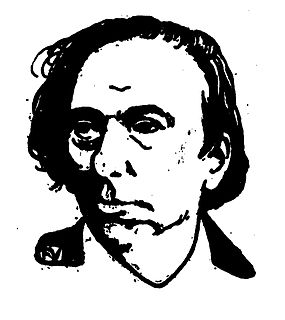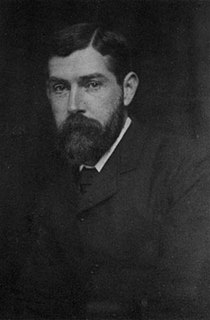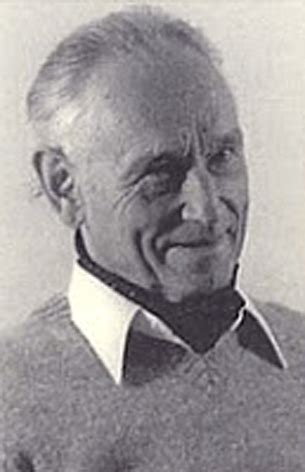A Quote by Friedrich Nietzsche
The noble man honours in himself the powerful one, him also who has power over himself, who knows how to speak and how to keep silence, who takes pleasure in subjecting himself to severity and hardness, and has reverence for all that is severe and hard.
Related Quotes
Pain and pleasure, like light and darkness, succeed each other; and he that knows how to accommodate himself to their periodical returns, and can wisely extract the good from the evil, knows only how to live: this is true contentment, at least all that is to be had of it in this world; and for this every man must be indebted not to his fortune, but to himself.
How does one chip off the marble that doesn't belong? ... That comes about through five things: humility, reverence, inspiration, deep purpose, and joy. No great man has ever wise-cracked his way to greatness. Until one learns to lose one's self he cannot find himself. No one can multiply himself by himself. He must first divide himself and give himself to the service of all, thus placing himself within all others through acts of thoughtfulness and service.
How much reverence has a noble man for his enemies!--and such reverence is a bridge to love.--For he desires his enemy for himself, as his mark of distinction; he can endure no other enemy than one in whom there is nothing to despise and very much to honor! In contrast to this, picture "the enemy" as the man of ressentiment conceives him--and here precisely is his deed, his creation: he has conceived "the evil enemy," "the Evil One," and this in fact is his basic concept, from which he then evolves, as an afterthought and pendant, a "good one"--himself!
Humility collects the soul into a single point by the power of silence. A truly humble man has no desire to be known or admired by others, but wishes to plunge from himself into himself, to become nothing, as if he had never been born. When he is completely hidden to himself in himself, he is completely with God
The man who is meek is not even sensitive about himself. He is not always watching himself and his own interests. He is not always on the defensive… To be truly meek means we no longer protect ourselves, because we see there is nothing worth defending… The man who is truly meek never pities himself, he is never sorry for himself. He never talks to himself and says, “You are having a hard time, how unkind these people are not to understand you.
And since the possession of qualities presupposes that one takes a certain pleasure in their reality, all this gives us a glimpse of how it may all of a sudden happen to someone who cannot summon up any sense of reality — even in relation to himself — that one day he appears to himself as a man without qualities.
The man who lies to himself can be more easily offended than anyone else. You know it is sometimes very pleasant to take offense, isn't it? A man may know that nobody has insulted him, but that he has invented the insult for himself, has lied and exaggerated to make it picturesque, has caught at a word and made a mountain out of a molehill--he knows that himself, yet he will be the first to take offense, and will revel in his resentment till he feels great pleasure in it.
Man... knows only when he is satisfied and when he suffers, and only his sufferings and his satisfactions instruct him concerning himself, teach him what to seek and what to avoid. For the rest, man is a confused creature; he knows not whence he comes or whither he goes, he knows little of the world, and above all, he knows little of himself.








































